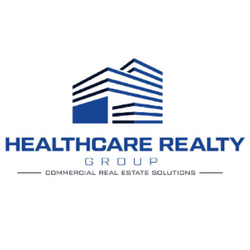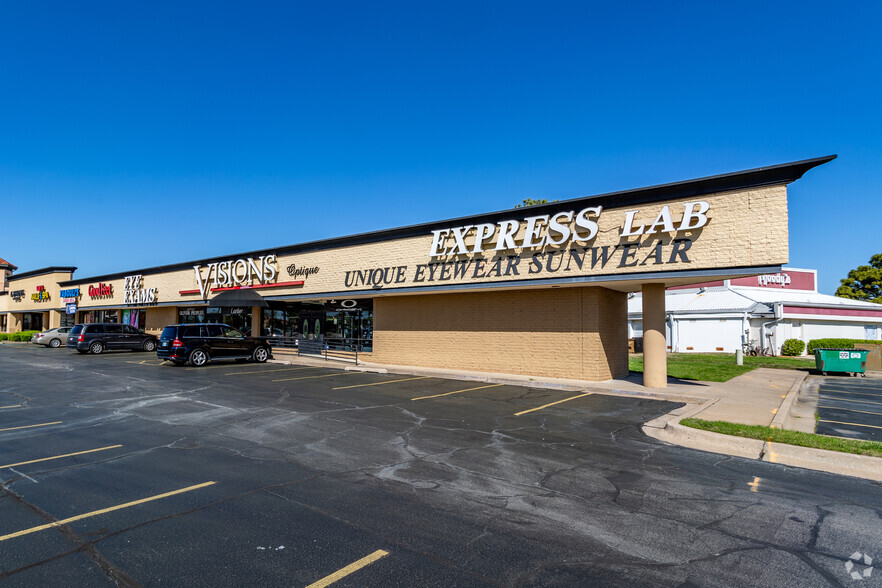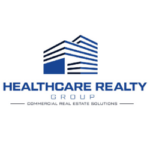Purchasing or leasing medical office space is a major decision for any medical practice. There are pros and cons to both options that medical professionals must weigh carefully based on their unique needs and situation.

Here are some of the top reasons to consider leasing versus buying a medical office building in today’s market.
Why Lease Your Medical Office?
- Lower Upfront Costs
Leasing requires less capital upfront compared to purchasing a building. Often, only a security deposit is required to secure leased space versus a 20-30% down payment on a mortgage loan. This frees up capital that can be used for other parts of the business.
- Flexibility
A lease allows more flexibility should the practice need to relocate or expand. It’s easier to move when the time commitment is shorter versus being tied to a 20-30-year mortgage. Leases can often be negotiated for shorter 3-5 year terms.
- Lower Maintenance Responsibilities
The landlord usually handles maintenance and repairs when leasing. This includes expenses like roof repairs, parking lot upkeep, HVAC system maintenance, etc. The practice only needs to maintain the interior space.
- Potential for Customization
Leased space can often be customized and built out to suit the tenant’s needs, optimizing workflow and patient experience. Landlords may offer tenant improvement allowances to offset build-out costs.
- Location Flexibility
Leasing allows you to evaluate different locations before making a long-term commitment. Ideal visibility, parking, proximity to hospitals and public transit, and other amenities can be prioritized.
Why Buy Your Medical Office Building?
- Build Equity
Unlike leasing, mortgage payments go towards equity ownership in the real estate. This can be a good investment as property values often appreciate over time. Upon selling, the equity can be realized.
- Stability
Owning the space provides more long-term stability without fear of rising rental rates or the landlord selling the building. The practice can remain in their customized space indefinitely.
- Potential Higher Resale Value
Owner-occupied medical space may command a premium price when selling because it is customized for that type of tenant. This can maximize profit upon resale.
- Full Control
The practice has total control over the space for renovations, signage, parking, etc without landlord approval. Customizations can be made to optimize operations.
- Possible Tax Benefits
Interest paid on a mortgage and depreciation of the building may provide tax savings that help offset expenses.
Key Considerations
There are clear benefits to both leasing and buying medical office space. The best option depends on factors like capital availability, ownership goals, renovation needs, location priorities, and tolerance for maintenance. Medical practices should consult with a qualified real estate agent and accountant to fully evaluate their options. Analyzing the long-term costs, tax implications, and operational needs will lead to the right decision. With proper planning, an ideal medical office can be secured whether by leasing or purchasing.
In summary, leasing provides more flexibility and lower upfront costs, while buying offers more control, stability and potential appreciation over the long run. Medical practices must weigh their unique situation and future plans to decide if leasing or buying a medical office building makes the most financial sense for their needs. With the right advice and analysis, an informed decision can be made to find a workspace that enables the business to thrive.






